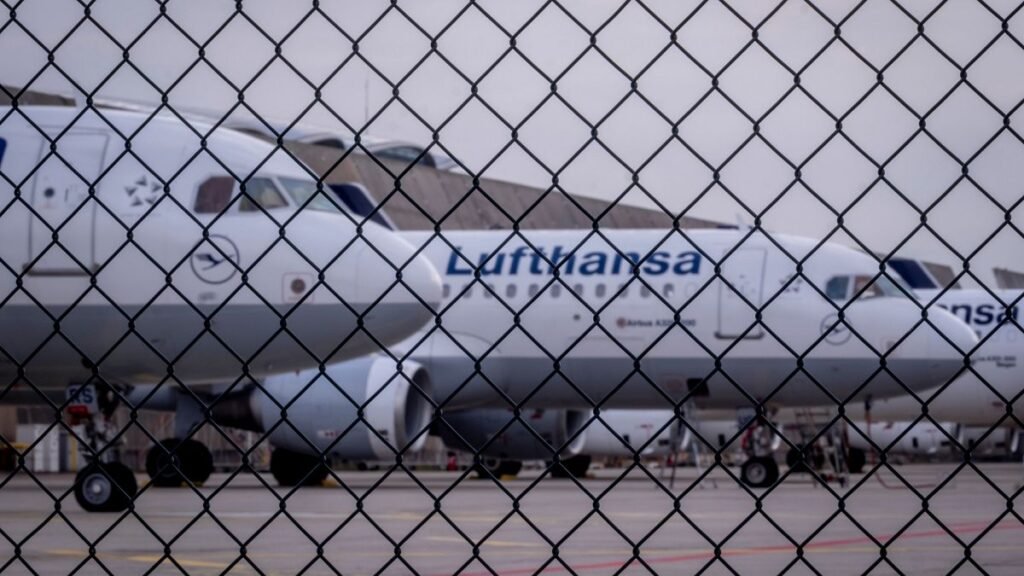Lufthansa, a German airline group, is adding an environmental charge to its ticket prices in order to comply with EU regulations on reducing emissions. The fee, which can be up to €72, will be used to offset the cost of introducing sustainable aviation fuels and other carbon-cutting initiatives. This fee will be implemented on flights starting from 1 January 2025. While Lufthansa is one of the first airlines in Europe to introduce such a fee, it could be a sign of things to come from other airlines as well. The environmental surcharge will be added to flights departing from all 27 EU member states, as well as the UK, Norway, and Switzerland.
The aviation industry has been warning for years that the cost of transitioning to more expensive sustainable aviation fuels will impact ticket prices. Lufthansa is the first airline in Europe to introduce an “Environmental Cost Surcharge”, with fares expected to increase by between €1 and €72 depending on the type of ticket. This will apply to flights departing from EU member states, the UK, Norway, and Switzerland. The fee will be applied to tickets booked starting from 26 June 2023 for journeys starting 1 January 2025. Airlines within the Lufthansa group, including Lufthansa, Eurowings, Austrian, Swiss, Brussels Airlines, and Lufthansa City Airlines, will be affected by this new charge.
The environmental surcharge is intended to cover the rising additional costs due to regulatory environmental requirements faced by airlines. This includes the initial quota for a 2 per cent blend of sustainable aviation fuels in fuel for departures from EU countries starting from 1 January 2025. Airlines are also facing other green adjustments such as the EU Emissions Trading System (EU ETS) and other regulatory environmental costs like carbon offsetting. The aviation industry is one of the EU’s fastest-growing sources of greenhouse gas emissions, making it a prime focus for decarbonization efforts. Limited alternative power sources for flights make it a challenging sector to decarbonize.
Sustainable aviation fuels (SAFs) are seen as a viable way to reduce emissions from flights. The EU has set mandatory SAF quotas for airlines, gradually increasing from 2 per cent in 2025 to 6 per cent in 2030, and aiming for 70 per cent by 2050. However, SAFs are currently more expensive to produce than traditional jet fuel, leading to challenges in production levels meeting the EU requirements. Industry experts have urged EU policymakers to increase production to ensure Europe can transition to sustainable aviation and support decarbonization efforts effectively. Lufthansa is among the first European airlines to introduce fees linked to upcoming EU SAF requirements, and other airlines are expected to follow suit in the future.
Air France-KLM was the first major airline group to introduce a SAF contribution charge in January 2022, adding up to €12 to business class tickets and €4 to economy fares. Singapore’s government has also announced plans to introduce a green fuel levy on all flights from 2026 to support the transition to SAFs. This levy will vary based on the type of ticket, with longer journeys seeing a higher increase. The government aims to have all departing flights using 1 per cent SAFs by 2026, with the goal of reaching between 3 and 5 per cent by 2030. As the aviation industry continues to tackle emissions and decarbonization, environmental levies and charges are becoming more common among airlines worldwide.

